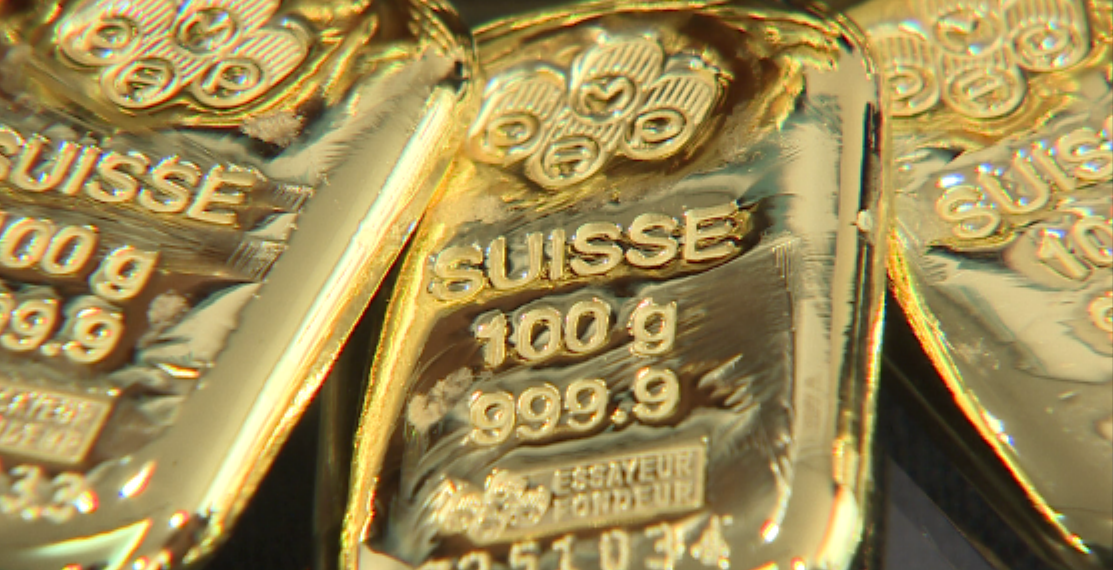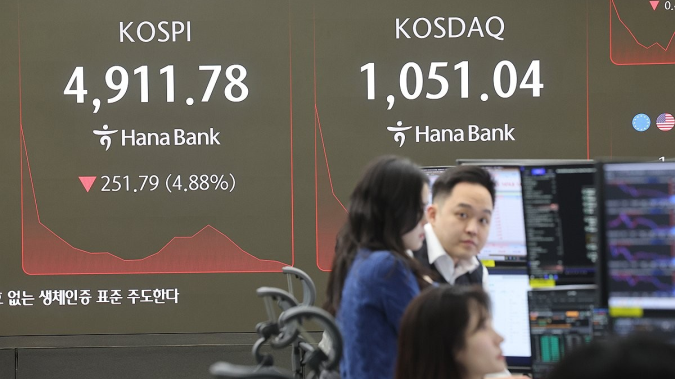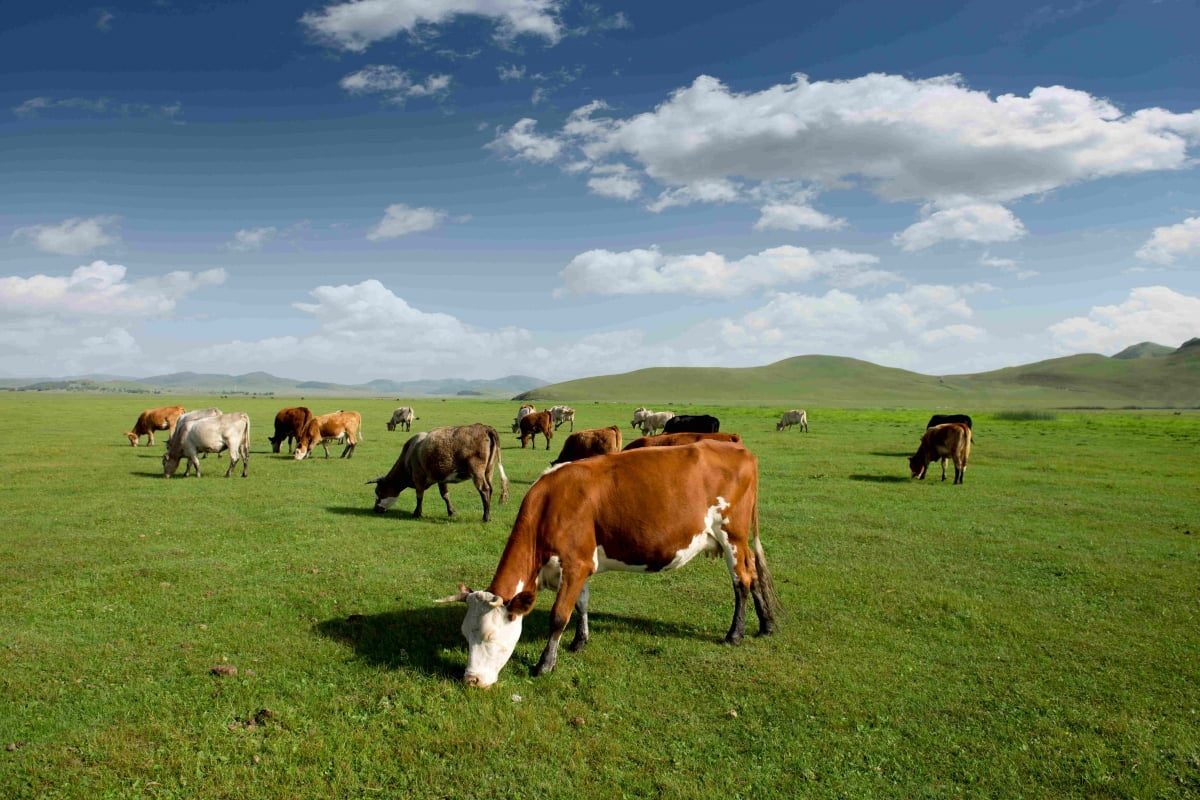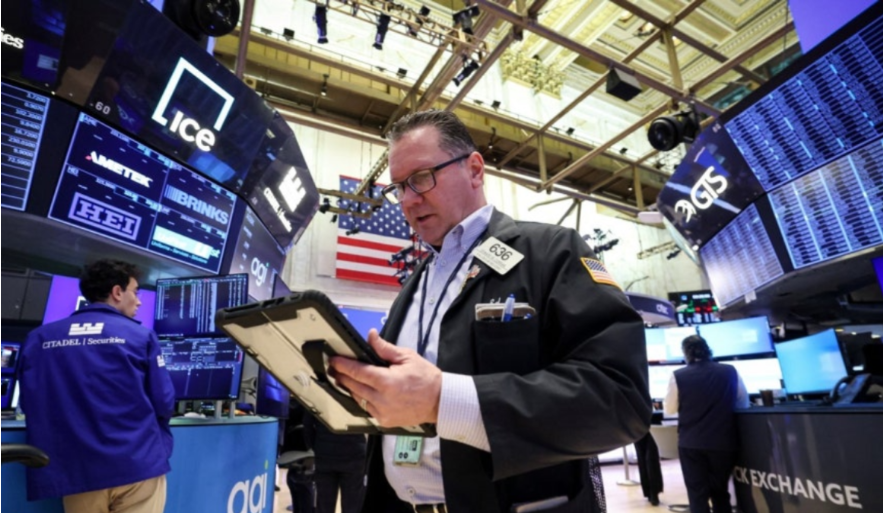2026.02.24 기상청GO
[International News] The economy is showing signs of strain, but it probably hasn't entered a recession.
| 07-27 20:29
By Alexander Lee

Photo of a market from [CBS News]
Investors are on edge, home sales have dropped sharply, and Americans are curtailing their driving and spending more on food due to soaring gas and food prices, tightening household budgets. However, the U.S. hasn’t slipped into a recession just yet.
This Thursday, the government is likely to report a growth of just under 1% in economic output for the third quarter, according to economists surveyed by FactSet. Although this represents a significant slowdown from last year’s rapid growth, it keeps the country out of a technical recession.
For many Americans, the distinction between a slowing economy and a recession might seem trivial. The rising inflation has eroded the spending power of millions of workers and consumers, causing consumer confidence to drop for three consecutive months. Economic forecasts predict a sluggish economy in the coming months.
According to the International Monetary Fund, the global economy is grappling with a gloomy and uncertain outlook, still recovering from the pandemic and the impacts of Russia’s invasion of Ukraine. A slowdown in growth in the U.S., the EU, and China, the world's largest economies, could have ripple effects worldwide.
Recession is typically defined as two consecutive quarters of shrinking GDP, but the National Bureau of Economic Research (NBER) has a broader definition that encompasses a significant decline in economic activity spread across the economy lasting more than a few months. NBER considers both GDP and gross domestic income (GDI) to determine if the U.S. is in a recession. In the first quarter, while GDP fell by 1.6%, GDI rose by 1.8%, indicating a slight expansion in the economy.
Employment is another crucial indicator of a recession. Historically, recessions are marked by an increase in layoffs and a decrease in hiring. Although layoffs have reached an eight-month high, they are still relatively low, and employers are hiring as many workers as they can find.
Despite the current lack of a recession, some economists believe one could be on the horizon, particularly if the Federal Reserve raises interest rates too aggressively. Inflation, at its fastest pace in the last 40 years, has led the Fed to significantly increase interest rates this year, with another hike expected soon. Federal Reserve Chairman Jerome Powell has indicated that the Fed will continue to raise interest rates to control inflation, even if it results in a weak economy.
Reporter Alexander Lee alexanderlee_24@newsyn.co.kr
- 주요뉴스 뉴스속보
서비스안내
상호: 영남매일신문(주) | 사업자등록번호: 506-81-85807 | 대표: 강호성 | 신문등록번호 : 부산 가00021 / 인터넷신문등록번호 : 부산, 아00272
전화: 051-867-3909 | 팩스: 051-861-3463 | 주소: 부산광역시 연제구 중앙대로 1111, 1701호 (연산동, 위드타워)
copyright ⓒ 2015 newsyn.co.kr All right reserved. | web@newsyn.co.kr


 즐겨찾기추가
즐겨찾기추가

 RSS
RSS








